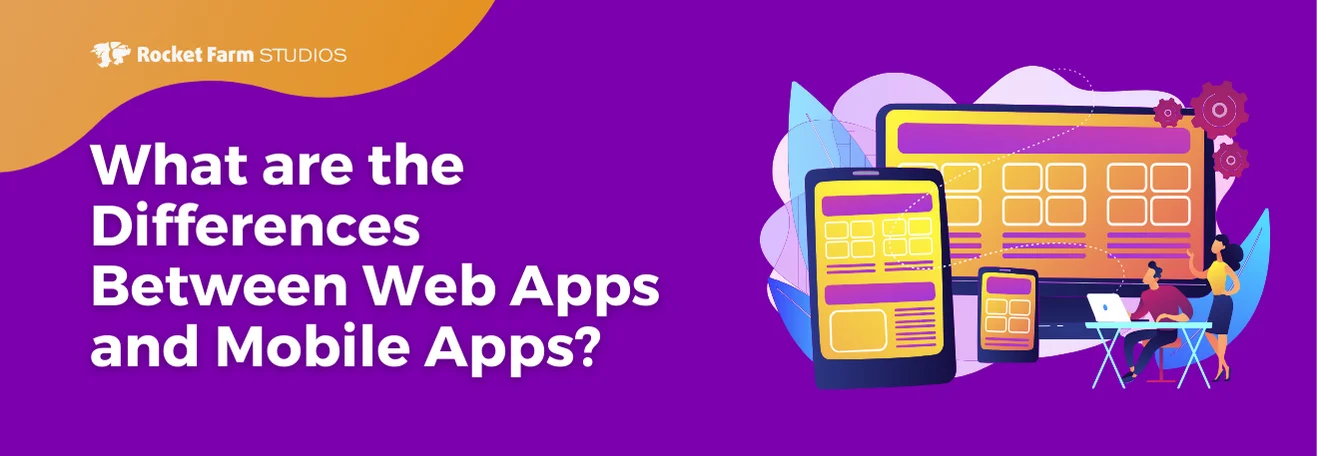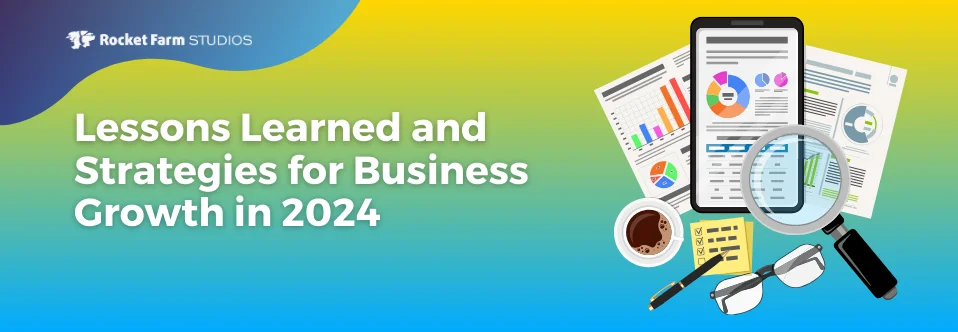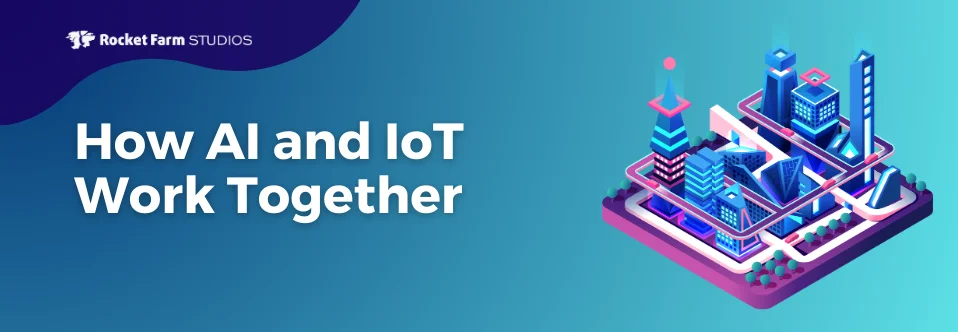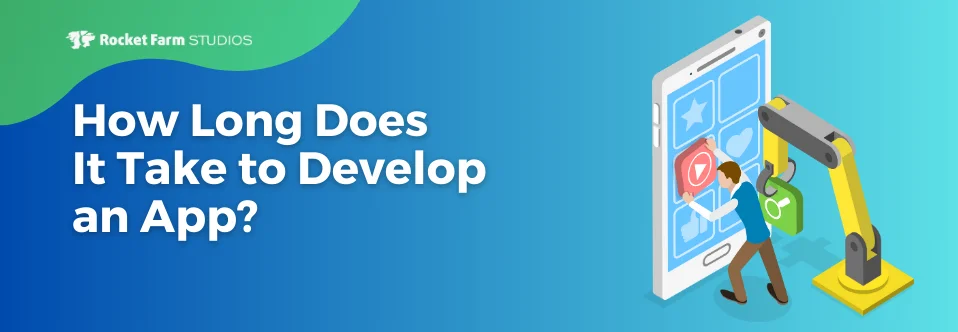With so much news coming out of WWDC (Apple’s Worldwide Developers Conference, for those not in the know), I did a quick and super informal survey of Rocket Farm’s developers, asking the simple question: Which three announcements are the most important?
In no particular order, and with a tremendous lack of scientific rigor, they voted up the following:
1. Swift
Somehow Apple managed to keep its biggest secret an actual secret. An entirely new language that no one knew about and an equally strong push to get developers to adopt it? That’s geek crazy talk. But they did it, so now the biggest question is why.
The answers are all about long term thinking. As noted at VentureBeat, it’s hard to contemplate throwing out Objective-C, a language that developers have spent years mastering. The good news, in Apple’s typical style, is that this new language is optional not mandatory, at least for now.
Apple’s reasons? For one, speed; Swift should be a faster language at run time. Also, simplicity. Objective-C is a 25-year-old language built on C. It’s gotten a lot simpler over the last few years, but it’s still pretty nuanced and presents a steep learning curve. Ultimately, the consensus seems to be that Swift is all about making it easier for developers, especially new developers, to develop. The learning curve will be shorter (in theory, at least – it has only been three days!). More devs means more innovation and a happier Apple.
2. Extensibility
Extensibility basically means that apps will now be able to communicate with each other at a level not seen before. It’s always been a fairly closed off sandboxed world for apps to date. Apple’s notion of extensibility breaks through that restriction, but in a carefully controlled way. First, it allows custom keyboards to be built into an app. Second, borrowing from Android, Apple now lets widgets live in the Notification center. While Android has had this feature for years, it’s an important step for Apple and for users alike. These changes should make for useful, productive user experiences. Finally, and probably most importantly, apps can now publish services – useful functions and features – that other apps can tap into. This move will allow developers to rethink their apps in terms of APIs, opening up possibilities just as APIs to cloud services have done so all these years.
3. Continuity.
Continuity is an interesting word. Apple, right now, is using it to refer to the ability to hand off tasks – editing, composing, even phone calls – from device to device with ease. Now there are new APIs coming with iOS 8 that facilitate those hand-offs. And probably the biggest changes is the improvement and opening up of iCloud, which is now iCloud Drive. It remains to be seen just how open and easy iCloud will be; it is, after all, an Apple-only so any developer who wants to write for Android as well will have to make some strategic decisions . But, in theory, it just makes sense to provide tools that facilitate tasks traveling from device to device. Time will tell how this one plays out.
And, of course, there’s so much more: health and fitness tool HealthKit, TouchID and the opening of fingerprint validation to apps, HomeKit’s promise to connect our homes to the Internet. Watch this space for more on all of those.
Book a call











